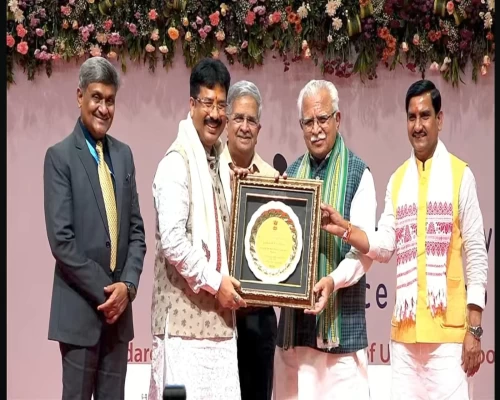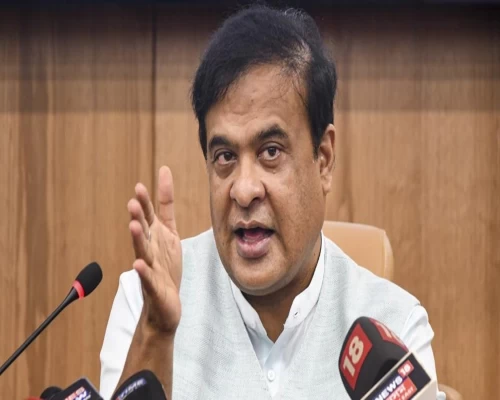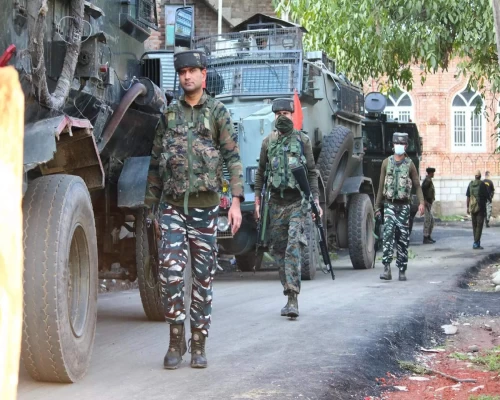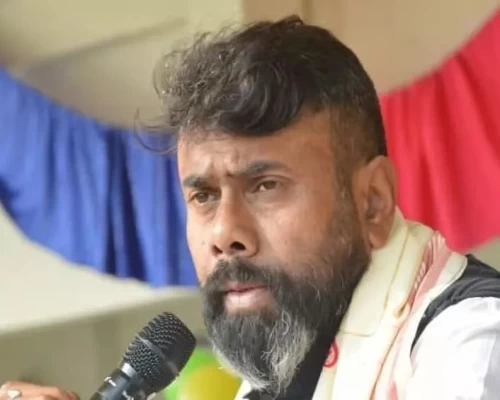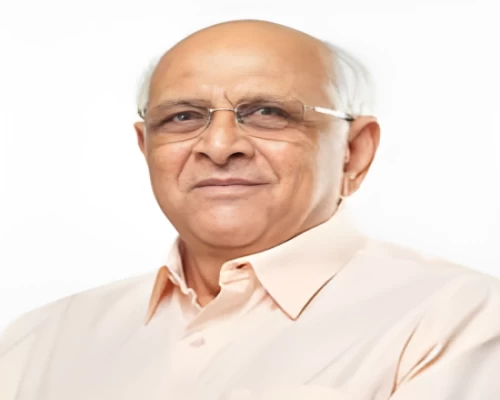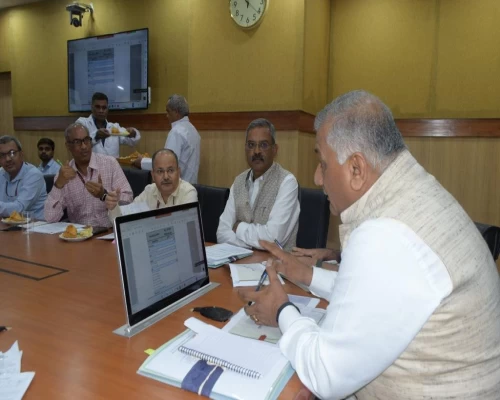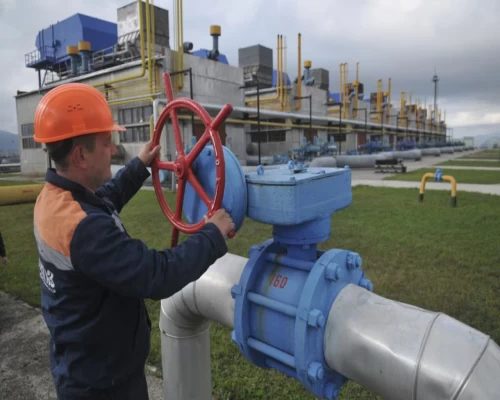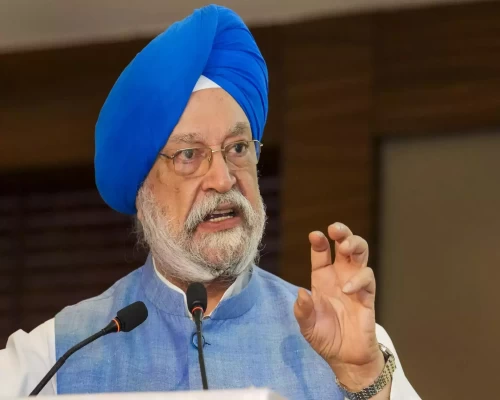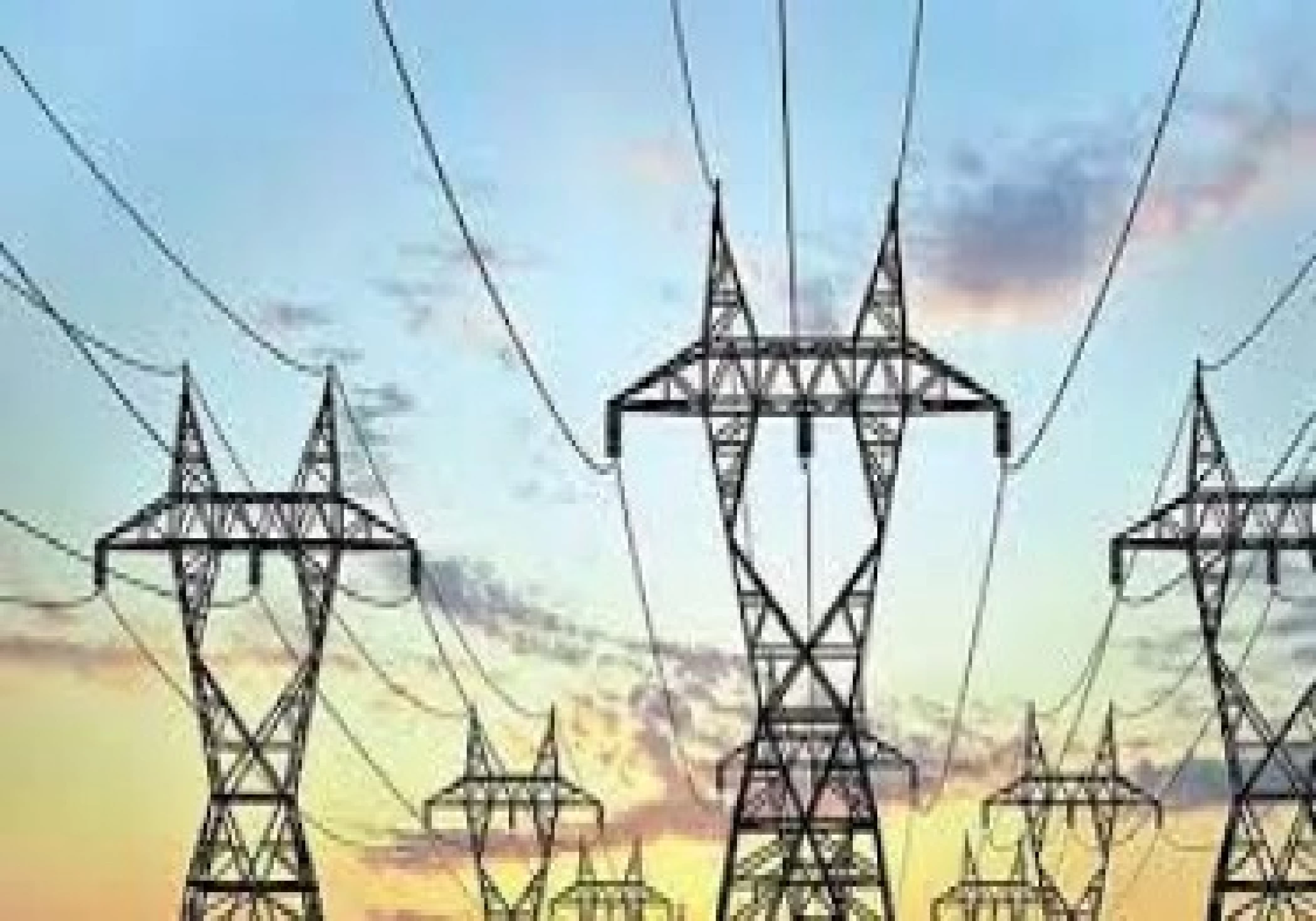
New Delhi: Karnataka has entered into a barter agreement with Rajasthan and Uttar Pradesh to meet the rising electricity demand in the state, especially during nights.
Under the arrangement, the units of electricity received by Karnataka from Rajasthan and Uttar Pradesh during April and May would be returned to the states during June and July, when the southern state would be experiencing monsoon showers, requiring less power. The demand in Rajasthan and Uttar Pradesh during June and July would be high.
Karnataka is receiving 10 million units from Uttar Pradesh and 200 MW from Rajasthan every day. Karnataka, as well as Bengaluru, recently saw a peak in daily consumption and demand.
The peak consumption on April 20 was 309.5 million units across the state and it was 146 million units in Bangalore Electricity Supply Corporation Limited (Bescom) limits. In previous years, the highest consumption demand was in the last week of March, when Karnataka needed 299 million units and Bengaluru 144 million units.
The peak demand (recorded between 9.30 and 11.30 am) was also on April 20 at 16,180 MW for Karnataka and 7,480 MW in Bescom limits, as per energy department records. This summer Karnataka has seen 8-20 per cent increase in demand from the agriculture sector during the day as compared to previous years. There is also a rise in demand from the domestic sector by 4-5 per cent. The demand is not very high from industrial and commercial sectors.
The power demand in night hours has also increased because the average night temperature has increased, compared to previous years. This time last year, most parts of Karnataka experienced early monsoon and the demand was not high. But that is not the case this year.
The department is managing the peak demand in the day with solar power, where the generation is 6,500 MW per day. Since there is still no proper power storage mechanism for the Green energy, the challenge remains to fulfil demand at night. To meet the increasing demand for power, the department has also improved its grid network and capped leakages.
Karnataka has installed capacity of 32 million units and it can handle the peak demand of up to 9,000 MW.



